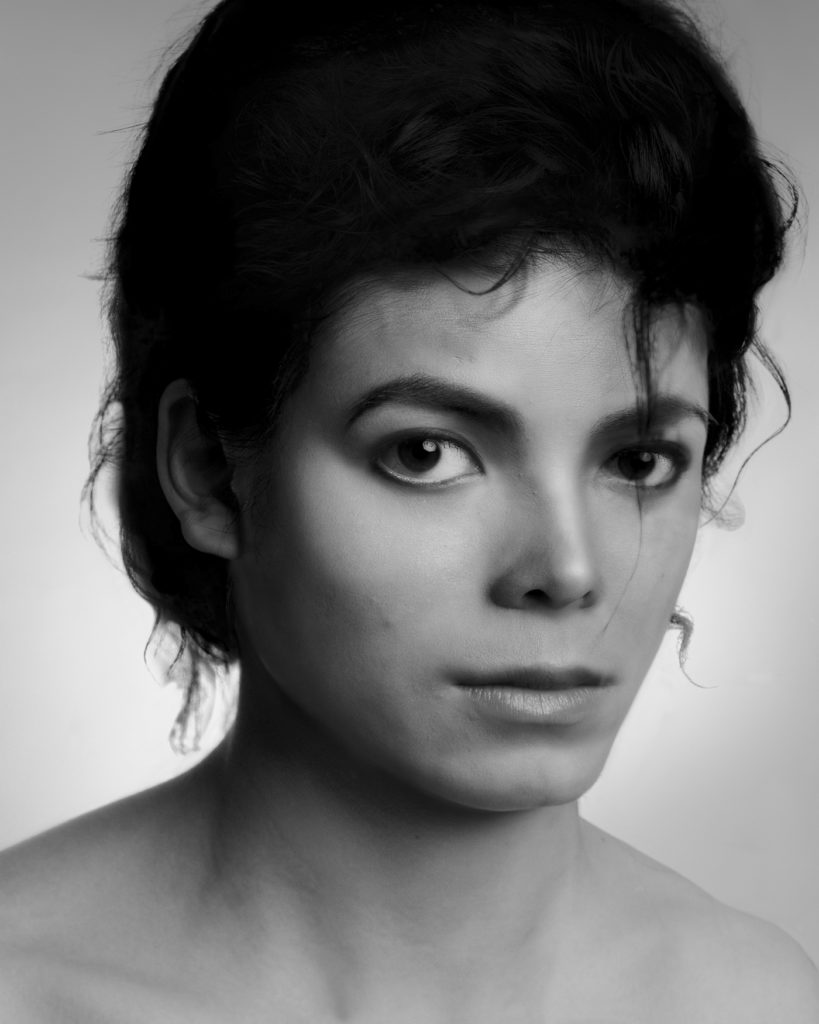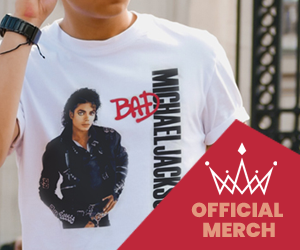
Look closely at Zhang Wei’s portrait of Michael Jackson and you’ll see something isn’t quite right. The eyes are wrong, the lips are a bit thin, the hair too straight. But it isn’t the King of Pop you’re seeing. It’s a clever composite of photos of his Chinese fans.
The image is among the 72 portraits in Artificial Theater, Wei’s sharp commentary on the influence of Western pop culture on China. Wei assembles each collage using the facial features of 20 to 30 ordinary Chinese citizens.
Wei, who lives in Beijing, has pondered China’s changing cultural identity for awhile. He was born just before the country opened to foreign trade in 1978, and has since seen outside influences pour in. Today you can hear Taylor Swift and Katy Perry songs blaring out of every Starbucks, and see American films in every theater.
In 2007, Wei began exploring Chinese identity by making hundreds of portraits of relatives, friends, and models. He didn’t love the images, so he set them aside and moved on. Two years later, he heard about Artificial Girl 3, a video game in which players design their ideal girlfriend. This idea of a virtual person and the meaning of identity intrigued Wei. He remembered his earlier project, and used the image to create portraits of celebrities like John Lennon and Madonna, who are idolized in China. People “pin their hopes on mythological images,” he says.
The work is slow and tedious, requiring unending comparisons of noses and lips and eyes in his vast archive. It also takes a deft touch with Photoshop, and occasionally photographing a hat or other prop to include in the image. The hardest part is “reviving the human spirit,” Wei says, so the portraits don’t look too creepy. Each image takes about two weeks, though Hitler took more than a month.
It is amazing how realistic the portraits look at first glance, but you soon realize something is slightly off. Using the facial features of ordinary people underscores how the public identifies with a celebrity, and how that celebrity often represents the hopes and dreams and ideals of countless people. In that way, a portrait of Michael Jackson is not necessarily a portrait of Jackson, but those who adore him.



